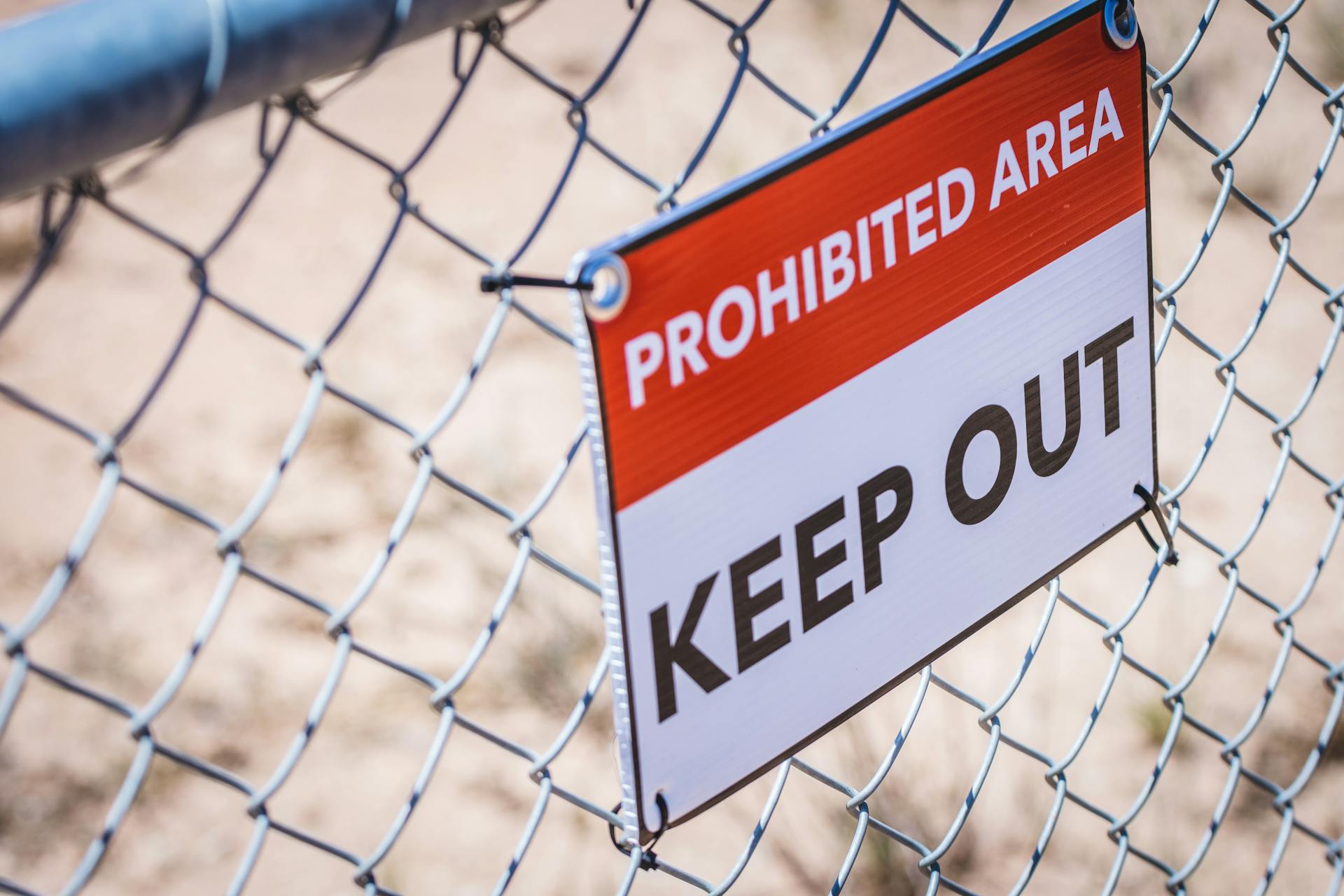The rental market in Australia is tight. Often lines for potential tenants stretch around the block to inspect a flat or a house. Owners of investment properties, landlords, are having no trouble finding tenants for their vacant properties. What can be charged for rent is also on the increase.
This implied power imbalance, where the Landlord can charge what they want for rent, can conflict with the cost of living crisis we are all experiencing. It can lead to some heightened emotions, and potentially to disputes between landlords and tenants.
It is important to remove emotion from the equation when it comes to disputes. Understanding your legal obligations, both as a tenant and as a landlord, can help ease a situation and diffuse a conflict.
Both tenants and landlords have obligations to each other. In simple terms, a tenant is required to pay the agreed-upon rent at an agreed-upon time, and a landlord is required to maintain the property and allow a tenant quiet enjoyment of the property.
Understanding Landlord-Tenant Disputes
A dispute between a landlord and tenant is a disagreement that can arise over repairs, maintenance, rent or other rights under the Victorian Tenancy Agreement.
These kinds of disputes can get very emotional, as a tenant can feel aggrieved that the place they live in is being ignored, or they are being unfairly priced out of a home, while a landlord can feel aggrieved that something they have paid a lot of money for, is being neglected.
Understanding the legal rights of both parties is a good first step to resolving disputes. If a reasonable argument can be made, with supporting evidence, then the dispute should be resolved quickly and without fuss.
For example, if a tenant has put in an urgent repair request, for an essential service, such as hot water, heating or cooling, and the landlord baulks at the repair because of costs, this is a legitimate dispute to be lodged by the tenant.
As per the Consumers Affairs Victoria website:
Rental providers must make urgent repairs immediately. Rental providers must make non-urgent repairs within 14 days of getting a written request.
There are rules for what happens if a rental provider ignores a request for a repair to be made.
Renters must continue to pay rent even if they are waiting for a repair to be made.
Common Causes of Leasing Disputes
Common disputes can arise over:
- Rent Dispute– if the landlord chooses to raise the rent more frequently than agreed to in the contract, or by an amount the tenants feel is too much.
- Property Dispute over Maintenance – the tenants feel their request for property maintenance is being ignored, or the landlord feels the tenants are taking advantage of the maintenance clause in the contract for trivial things.
- Invasion of privacy – tensions may rise if the tenants believe the landlord is making too many inspections of the property, or if the landlord is entering the property without enough notice or with no notice at all.
- Eviction Notice– if the landlord serves an eviction notice, tenants may believe it is an unfair eviction and either challenge it or refuse to leave.
- Return of Bond – disagreements can arise over the state of a vacated property. How much is ‘fair wear and tear’, and how much is simple untidiness from the vacating tenant?
Steps to Resolve Rental Disputes in Victoria
There are three main steps involved in resolving a tenant and landlord dispute – Talking about the situation, a formal written notice, and finally going to VCAT.
Resolve the issue through dialogue.
Have a conversation, in person if you can, not through email, about the situation. Clearly explain what you perceive the fault is, and what obligation you feel the other party is failing to meet.
Explain how you would like the situation to be resolved.
Bring knowledgeable support with you if you feel the need, but try to keep the conversation civil and not argumentative.
Formal Written Notice
If a resolution was not reached through negotiation and conversation, you can submit a formal, written complaint to the Real Estate company, or the rental provider, using this standard form.
For renters, a written form can be used to inform providers of:
- Non-urgent repairs are needed.
- The renter has paid for non-urgent repairs and requires compensation
- You have become aware of damage to the premises
And other such issues.
For landlords/rental providers, written notice can be used for:
- You have paid for utility bills that are not your responsibility, and you need reimbursement.
- You want to enter the property.
- Damage has been repaired, and the tenant is liable.
- You intend to take the tenants to VCAT to terminate a fixed lease agreement.
- And other similar issues.
Going to VCAT
VCAT is able to help resolve issues when no other avenue has been successful. Check here firstfor what kind of disagreements VCAT can help you with.
Keep all evidence you have- photos, and written correspondence, to show you have tried to resolve the issue. This will make the VCAT experience go much smoother.
COVID-19 has severely impacted the timeframes and turnaround for VCAT cases, and there can realistically be waiting times of many months.
Navigating Disputes with Knowledge and Expertise – How Rosendorff Lawyers Can Help
No matter which side of the ledger you’re on – a tenant trying to live quietly in your rental home, or a landlord wanting to ensure the value of your investment grows, knowing your legal rights in the landlord-tenant relationship is vital to stop disputes escalating.
If you’re unsure of your rights, the team here at Rosendorff Lawyers can help. At any of the three steps, we can help you understand your rights, or word your argument in a way that will be clearly communicated.
Contact us today. Having knowledgeable help supporting you can be such a relief.



